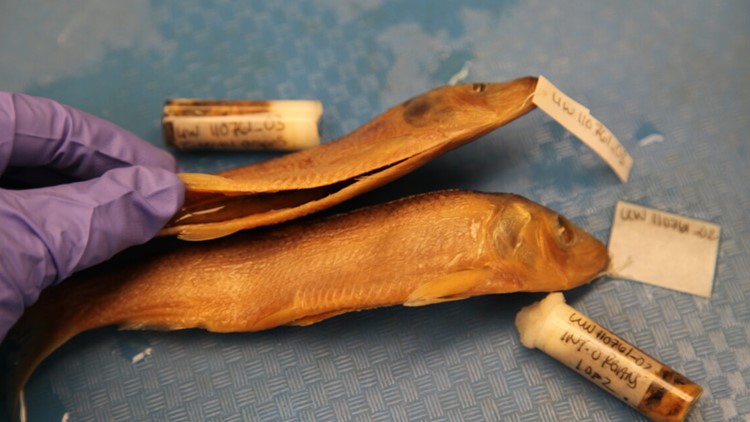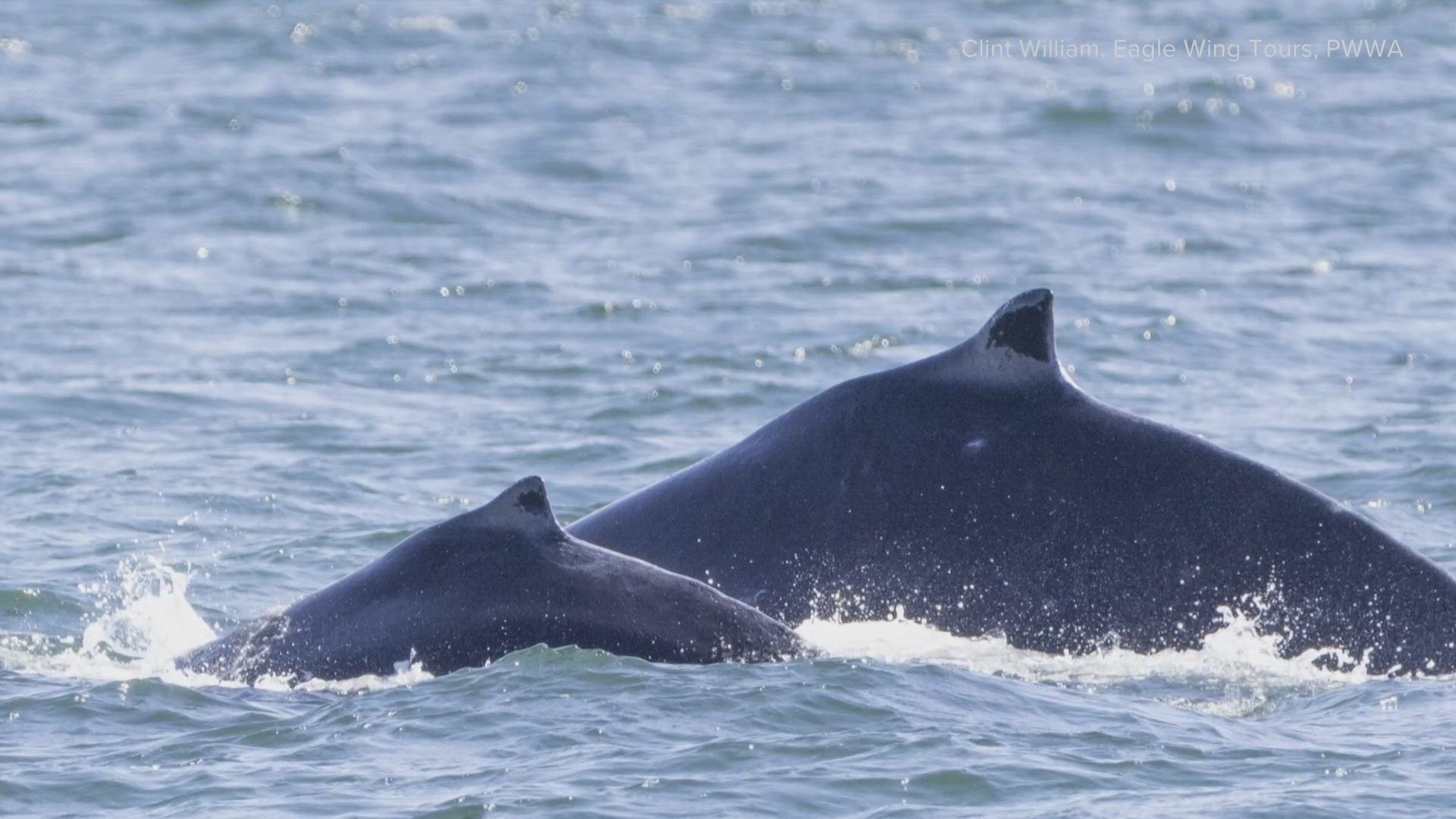SEATTLE — Parasites crucial in marine ecosystems have seen a sharp decline or were completely wiped out in the past century due to warming waters in Puget Sound, according to a newly released University of Washington study.
The study, published this week in the Proceedings of the National Academy of Sciences, reconstructed approximately one century, from 1880 to 2019, of change in parasite abundance in Puget Sound. Researchers counted a total of 17,702 parasites of 85 types, from 699 fish specimens in the study.
Researchers found parasites that rely on three or more host species during their lifecycle — making up more than half the parasite species studied — saw an 11% average decline per decade. Ten parasite species were completely wiped-out by 1980, the study found, nine of which relied on three or more hosts.
“Our results show that parasites with one or two host species stayed pretty steady, but parasites with three or more hosts crashed,” said lead author Chelsea Wood, a UW associate professor, in a press release. “The degree of decline was severe. It would trigger conservation action if it occurred in the types of species that people care about, like mammals or birds.”
Parasites play an important role in the ecosystem, both good and bad. Parasites keep their host’s population in check but can also threaten a host’s conservation.
“Parasite ecology is really in its infancy, but what we do know is that these complex-lifecycle parasites probably play an important role in pushing energy through food webs and in supporting top apex predators,” Wood said.
Researchers investigated three possible causes for the decline including, host abundance, pollution and sea surface temperature. The study revealed the change in sea surface temperature best explained the parasite decline. Sea surface temperature rose by 1.8 degrees in Puget Sound from 1950 to 2019.
Parasites with three or more hosts are sensitive to environmental changes, like warming sea surface temperatures, because their life cycles can collapse with the loss of any one host species.
The researchers said many have hypothesized the climate change impact on parasite species, but their results provide the first empirical evidence.
“This study demonstrates that major parasite declines have happened in Puget Sound," Wood said. "If this can happen unnoticed in an ecosystem as well studied as this one, where else might it be happening? I hope our work inspires other ecologists to think about their own focal ecosystems, identify the right museum specimens, and see whether these trends are unique to Puget Sound, or something that is occurring in other places as well."



